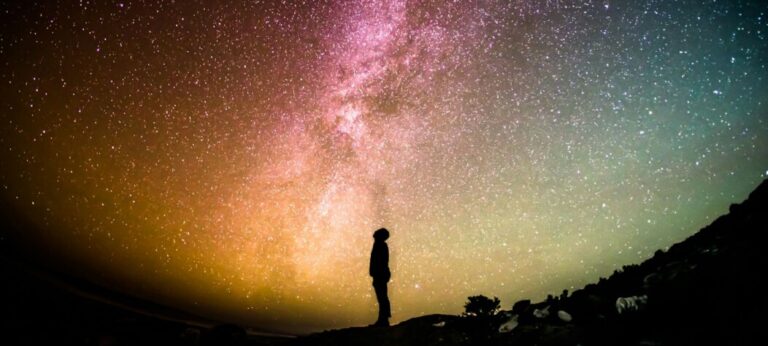To me, consciousness is simply experiencing reality, and all life, and anything that can “experience,” has some form of consciousness. To experience reality, you need cognitive ability and sensory input. That’s it! This definition of it suggests a spectrum of consciousness — from none to complex — allowing for a nuanced understanding of how different beings interact with and perceive their world.

However, this is not what many think of when they explore it. For them, they want to explore what it means to be human. What makes human consciousness special? And this is a great question. Perhaps “the” question for us. It helps us to explore, debate, and decide serious questions from gun control to immigration. While some view consciousness as a manifestation of our eternal energy or soul, others see it as a manifestation of our physical brains, an outcome of our cognitive functions.
To navigate these complex discussions, I developed the Mindscape Framework. This tool is designed to refine our conversations about consciousness, leveraging ideas from “30 Philosophers” and supported by The Consciousness Evolution Timeline. The Framework categorizes consciousness into levels based on cognitive ability and sensory interaction with the environment, from the simplest forms in plants and lower animals to the complex experiences of humans and potentially beyond to artificial intelligence and extraterrestrial life.
Take the deep dive: For a deeper exploration of how we understand and classify consciousness across the spectrum of life and technology, take the 10-minute deep dive: Consciousness: From the Soul to the Abyss.









